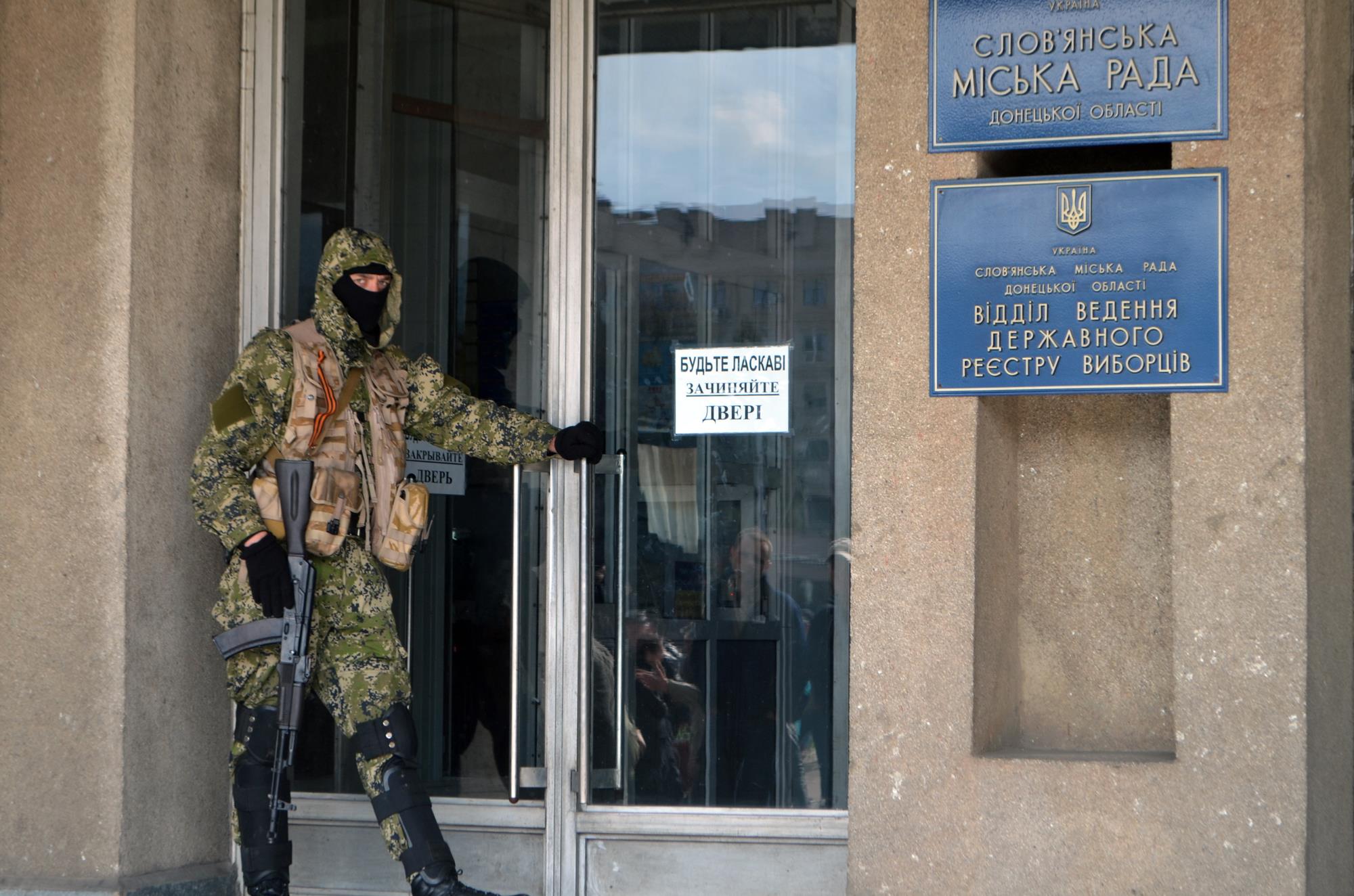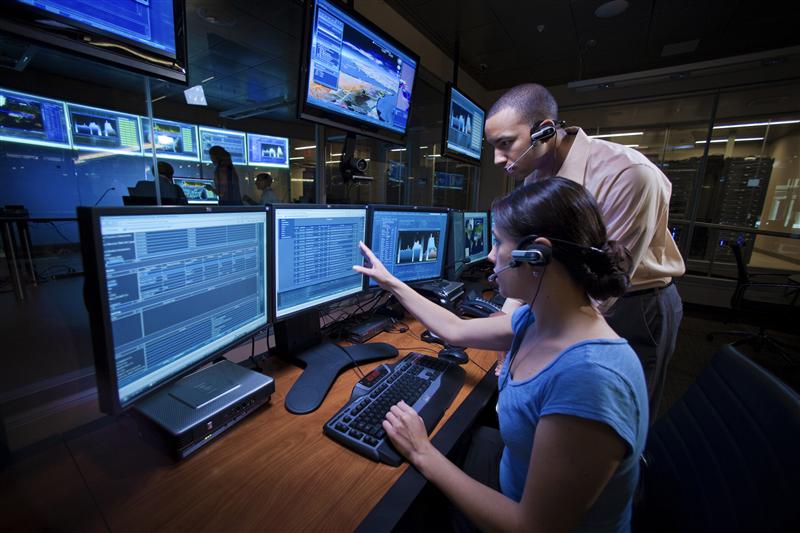In return for Iran’s compliance with its obligations under last summer’s nuclear accord in dismantling those parts of its nuclear program that offered a path to building a bomb, the UN, America and the EU recently dropped or suspended all nuclear-related sanctions. In announcing this momentous step on 17 January, President Obama expressed cautious optimism that a page had been turned in the West’s troubled relations with Iran: “…engaging directly with the Iranian government on a sustained basis, for the first time in decades, has created a unique opportunity — a window — to try to resolve important issues.”
Does Iran’s adherence to the nuclear agreement signify a new era in its foreign policy? Or is this hope misplaced?
Douglas Knight: Canada And The West Should Do More To Engage Iran
Vice President, NATO Association of Canada
Last summer’s announcement of the Iran nuclear accord was welcome news, with significant ramifications for Canada. The new Liberal government has begun the process of restoring face-to-face contacts with its Iranian counterpart. This is a welcome development, considering the rash decision of the previous Conservative government to break off contact with Tehran. That had isolated groups within Iran from meaningful communication with Canadians and severely hindered our own understanding of that country.
As a conduit for enhanced trade with Iran, the restoration of full bilateral relations is an absolute must. Canada has an opportunity to set up and execute numerous trade deals by using its expertise in telecommunications, aircraft, specialized land vehicles and modern banking methods. Closer interaction with Iran has the potential to draw Iran closer to the West and further integrate it into an international system that treats each member as a partner in peace, stability and economic growth.
Engaging Iran is essential to stabilizing what has become the world’s most volatile region. Iran had motives of its own in negotiating with the West over its nuclear program, and still clings to an exalted sense of its own role in the Middle East. This difference in perspective must be recognized. The nuclear accord was not designed to prevent Iran from ever acquiring those weapons; it was a positive step to defuse escalating tensions between actors that have traditionally failed to understand one another. As such, it could prove to be a stepping stone to diplomacy, trade and regional order, with benefits to all concerned.
Michael Lumbers: Don’t Pop Open The Champagne Bottle Yet
Program Editor, Emerging Security
For those hopeful that the 2015 nuclear agreement would strengthen Iran’s reformist factions and expose it to the moderating influences of the West through expanded trade –an underlying, if not explicit, objective of the deal’s proponents –the prompt release of two U.S. Navy patrol boats and their crews after inadvertently straying into Iranian waters seemed to provide validation. Indeed, President Obama cited the diplomatic links forged by nuclear negotiations with Tehran as cause for the avoidance of a hostage crisis. Yet while relations with Iran are more constructive than at any point in recent memory, it’s far too premature to conclude that Tehran’s compliance with its obligations in dismantling much of its nuclear program foreshadows a wider opening to the world or the abandonment of a strategic agenda that has left it at loggerheads with the West for the past 35 years.
The broad contours of Iranian foreign policy are ultimately defined by the machinations of Iran’s opaque and fractious polity. Supreme Leader Ayatollah Ali Khamenei owes his authority less to his flimsy religious credentials than to his deft balancing of the country’s myriad political factions, a juggling act that was on display during the extended nuclear negotiations with the West. His subsequent efforts to control the political consequences of the deal and preserve domestic stability offer scant reason for optimism, at least for the immediate future.
While the Supreme Leader provided crucial political cover for President Hassan Rouhani to bargain with his Western counterparts, it’s quite likely that Khamenei sought nothing more than sanctions relief to head off widespread discontent at home. Profoundly suspicious of American intentions and eager to placate the regime’s hardline elements, he has repeatedly stated that the nuclear agreement does not presage warmer ties with the U.S. Indeed, the need to resist American “imperialism” has long stood as a convenient rallying call to support clerical rule. Khamenei may seek to further appease like-minded domestic allies by diverting much of the windfall expected from the unfreezing of Iranian assets, as much as $100 billion, to the highly influential Revolutionary Guard Corps in support of the country’s many regional proxies. There certainly has been no indication yet of a change in policy toward raging conflicts in Syria and Yemen.
Moreover, Khamenei seems intent on keeping Rouhani on a short leash. To prevent the reformist president from translating his success at the negotiating table into political gains at home, Khamenei has consented to excluding scores of his allies from campaigning in next month’s legislative elections. Indeed, the Guardian Council, which oversees elections and legislation, has recently disqualified four-fifths of candidates for the Assembly of Experts and more than 7,000 of 12,000 parliamentary candidates, most of whom are relatively moderate in orientation.
Committed to expanding its regional clout and resistant to reform at home, Iran’s trajectory to a more agreeable interlocutor for the West is difficult to anticipate in the short-term. This does not mean that it was ill-advised to engage Iran in talks to subject its nuclear program to verifiable limits or that efforts to find common ground on other pressing regional problems should be abandoned. Nor does it mean that Iran’s theocratic regime will forever prove impervious to substantive change or that events will not impose constraints on its expansive external ambitions.
For U.S. policymakers often tempted by the idea of remaking other societies in their own image, however, Iran’s unsettled and uncertain future should act as a brake against any project to expedite political change in the country. A more patient approach is required. As the International Crisis Group sensibly concluded in a recent report, foreign attempts to court or promote moderates in Iran could very well backfire by provoking a crackdown or enabling hardliners to paint reformists as Western stooges: “The best option for Western states and Iran is to continue reversing the negative narratives from decades of suspicion…[they] may not be able to agree on a range of issues, but trying to game the Iranian system will ensure that they will not.”
Fadi Dawood: Iran Is Back In The Game
Program Editor, Canada’s NATO
I think it is important to note that Iran, as an ancient civilization, has always been at the centre of trade, business, education and other significant fields that have had an impact upon many civilizations around the world. This history has always enabled Iran to play a significant role in regional politics. The lifting of sanctions will thrust the Iranian government to promote more of its natural resources, particularly oil, for sale. This will further help decrease the price of oil internationally. It will also harm the Saudi economy, and help Iran to expand its influence throughout the Middle East.
Internationally, Iran will be able to deal directly with governments around the world, and this will help put it into the broker role that it has always sought. This role might place the country at the heart of the international community’s efforts to stop various conflicts in the Middle East. So, the answer is yes, the lifting of international sanctions against Iran will position it at the centre of political relations and reverse the recent period of marginalization.
Khalid Mahdi: It’s Tough To Ignore The Elephant In The Room
Program Editor, NATO’s Arc of Crisis
Since the implementation of the Joint Comprehensive Plan of Agreement (JCPOA), Iran’s relations with the international community have dramatically improved. Most recently, we have witnessed the release of four Iranian-Americans from Iran, many of whom were imprisoned in the country for more than a year. While many Republican hopefuls for the presidency have criticized the Obama administration for the reciprocal release of seven Iranians, such cooperation between the U.S. and Iran would likely not have been possible a year ago.
Additionally, since the implementation of the JCPOA, Iran has seen improved commercial and diplomatic relations with other foreign nations. In a reversal of strained relations with Iran, the Canadian government has announced that it intends to lift some sanctions against the country and reopen its embassy in Tehran. Most recently, Iranian President Hassan Rouhani travelled to Paris, meeting with his French counterpart and a number of other officials. During this trip, a number of lucrative deals between French and Iranian businesses were secured, some of which include plans to modernize a car manufacturing facility near Tehran and a contract for French construction firms to expand Tehran’s airport.
While these developments indicate improved relations, a mixture of political forces and longstanding issues will likely hinder any full-fledged rapprochement. First, as the political dynamics within Iran begin to shift, hardliners have used the country’s upcoming election on February 26 as a vehicle to reassert their influence. Most recently, Iran’s Guardian Council, the body responsible for vetting electoral candidates, has disqualified almost 99% of moderate candidates from campaigning. Furthermore, while Supreme Leader Ali Khamenei did endorse the JCPOA in October 2015, he fell short of announcing any sort of détente with the West.
Finally, the Islamic Republic continues to engage in nefarious activities that will continue to complicate its relations with the West for years to come. Iran not only continues to prop up the Assad regime in Syria, but its sponsorship of terrorist groups, such as Hezbollah, is not likely to let up soon. Additionally, Iran continues to expand its ballistic missile program, a thorn in the side of the United States, with two tests having occurred this past fall. On 17 January, in response to these tests, the United States issued new sanctions against 11 Iranian entities linked to the country’s missile program.
Michael Kang: Clothes Don’t Make The Man
Research Analyst Intern
Nuclear sanctions imposed upon Iran have ended, Iranian President Rouhani recently made his first official visit to Europe and countries across the West, including Canada, have announced intentions to re-establish diplomatic ties with Tehran. Nevertheless, does this really mark a new horizon for Iran’s international relations?
Arguably, Iran’s intentions in the Middle East have not changed. A major driving factor in its pursuit of a nuclear weapons program was its desire to assert itself as the dominant regional power and this is certainly still the case. As seen in its proxy war against Saudi Arabia in Syria and Yemen, and its support for Hamas, Hezbollah and Shi’ite groups in Iraq and Bahrain, Iran is attempting to influence the political outcome of its neighbours. Signs of Iranian military ambitions are also present, with the U.S. enacting new economic sanctions against 11 groups and individuals involved in recent precision-guided ballistic missile tests.
Although Iran’s regional ambitions remain intact, the signing of the nuclear deal and an influx of Western businesses eager to engage in lucrative deals in the Iranian market show a relatively more balanced approach compared to its previously less subtle attempts to claim power. Economic factors are pulling Iran back in from the margins of the international community, requiring it to change its behaviour to a certain extent.
The current slowdown in the world’s major emerging markets, such as China and Brazil, will only further incentivize Western governments and businessmen to set up shop in Iran. This may see Iran take an economic approach to dominating the region. However, the West’s traditional relations with Saudi Arabia and other rival Middle Eastern countries may still pose a challenge to completely normalized relations with Iran. New clothes don’t always mean a new man.




